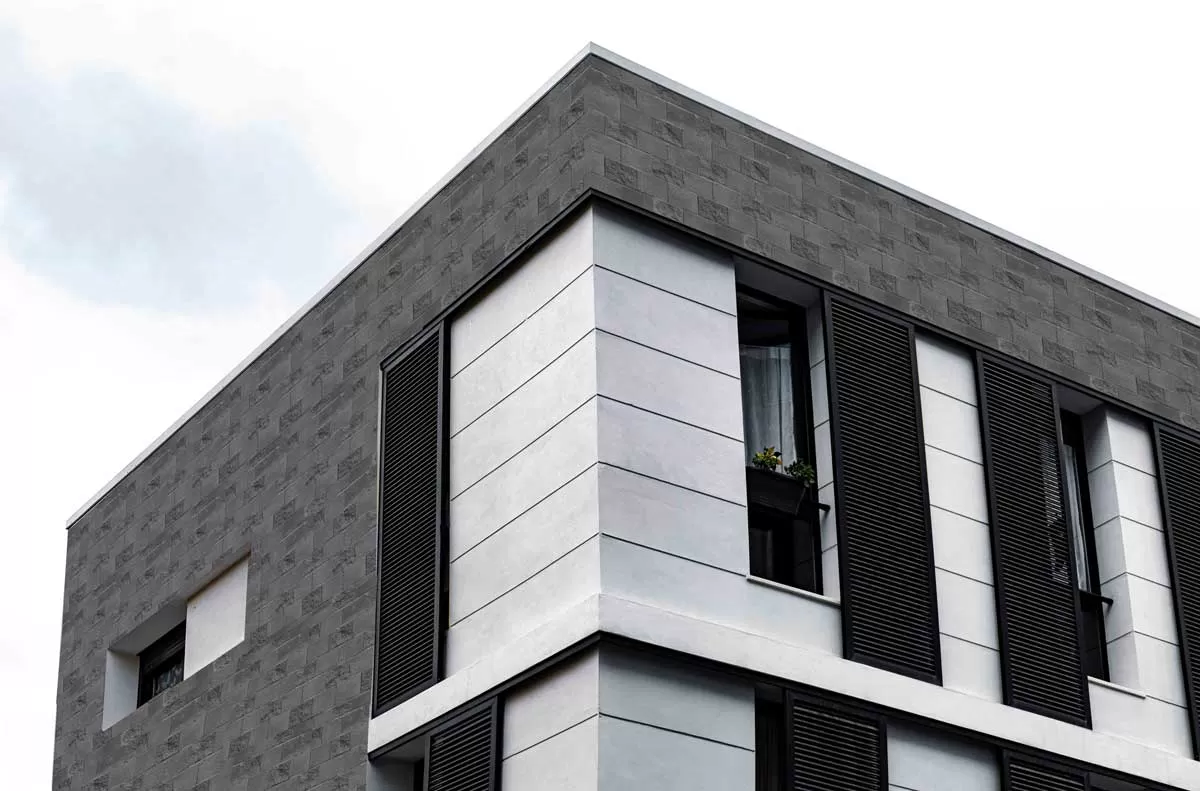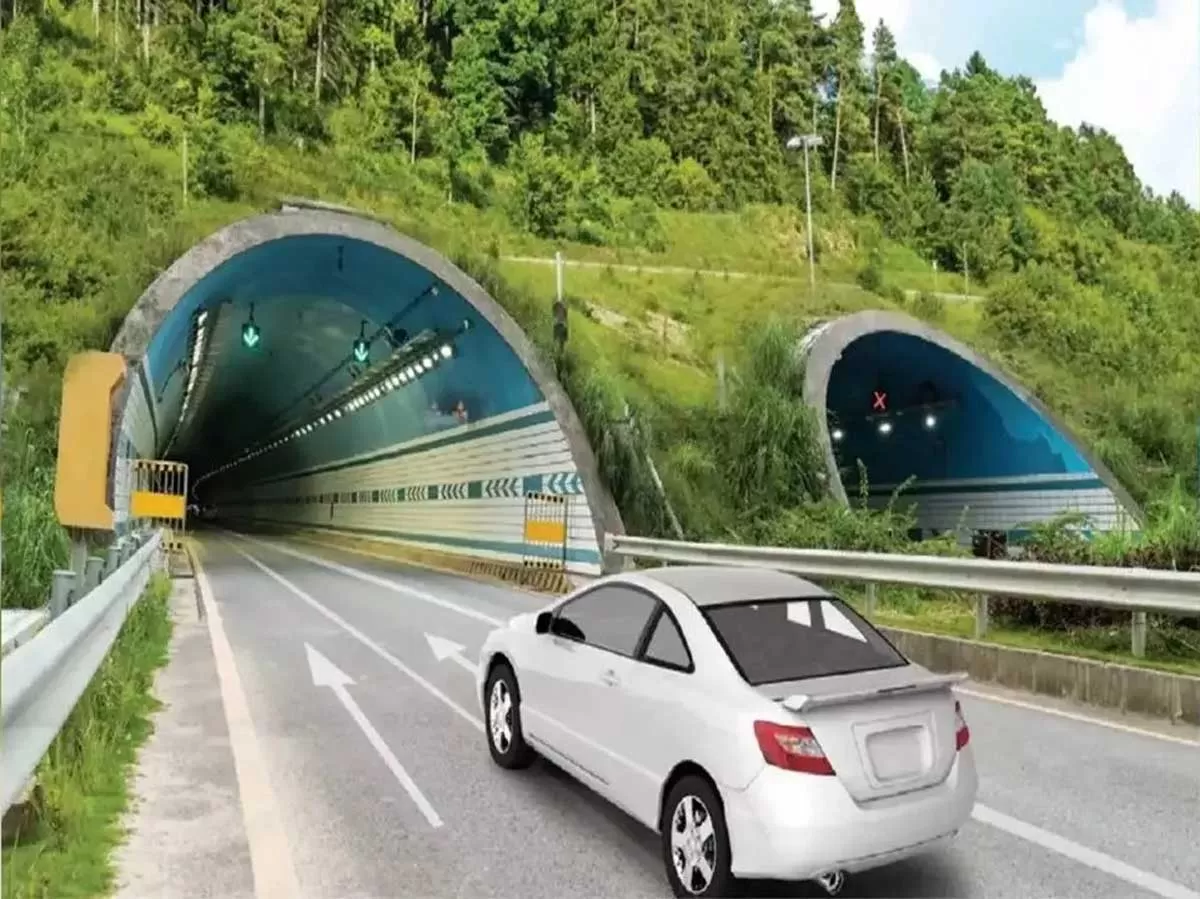
Viva ACP Unveils Bricklyn: A Fusion of Tradition and Innovation
Viva ACP, Asia’s largest aluminium composite panel (ACP) manufacturer, has launched Bricklyn, a new addition to its Santa Fe series. Inspired by the strength of traditional bricks and reimagined with contemporary design, Bricklyn merges heritage aesthetics with advanced technology.The design draws from Brooklyn’s urban energy and the stacking ingenuity of Jenga, offering structural integrity, aesthetic appeal, and creative flexibility. Available in a range of muted and bold hues, the panels allow architects to craft dynamic, visually striking façades.Engineered using Stucco Textures and S..

GMLR to Transform Mumbai's Real Estate Landscape
The Goregaon-Mulund Link Road (GMLR) is set to reshape Mumbai’s real estate market by significantly improving east-west connectivity. The 12.30 km project, featuring 6.65 km twin tunnels under Sanjay Gandhi National Park, will cut travel time between Goregaon and Mulund from over an hour to just 25 minutes. With Rs 19.58 billion allocated in BMC’s 2025-26 budget and completion expected by 2028, the GMLR is a key urban development milestone.The GMLR is expected to spur real estate activity in Mulund, Malad, Borivali, and Goregaon. Nishant Deshmukh, Founder and Managing Partner of Sugee Grou..

BLR Airport & Menzies Aviation Unveil India’s Largest Domestic Cargo Terminal
Kempegowda International Airport Bengaluru (BLR Airport), operated by Bangalore International Airport Limited (BIAL), has partnered with Menzies Aviation to launch India’s largest Greenfield Domestic Cargo Terminal (DCT). Spanning 245,000 square feet, this state-of-the-art facility significantly enhances BLR Airport’s cargo handling capabilities, improving efficiency, connectivity, and sustainability.Enhanced Capacity & Advanced InfrastructureCovering seven acres, the terminal has a peak handling capacity of 360,000 metric tons, expandable to 400,000 metric tons. Equipped with 42 t..














